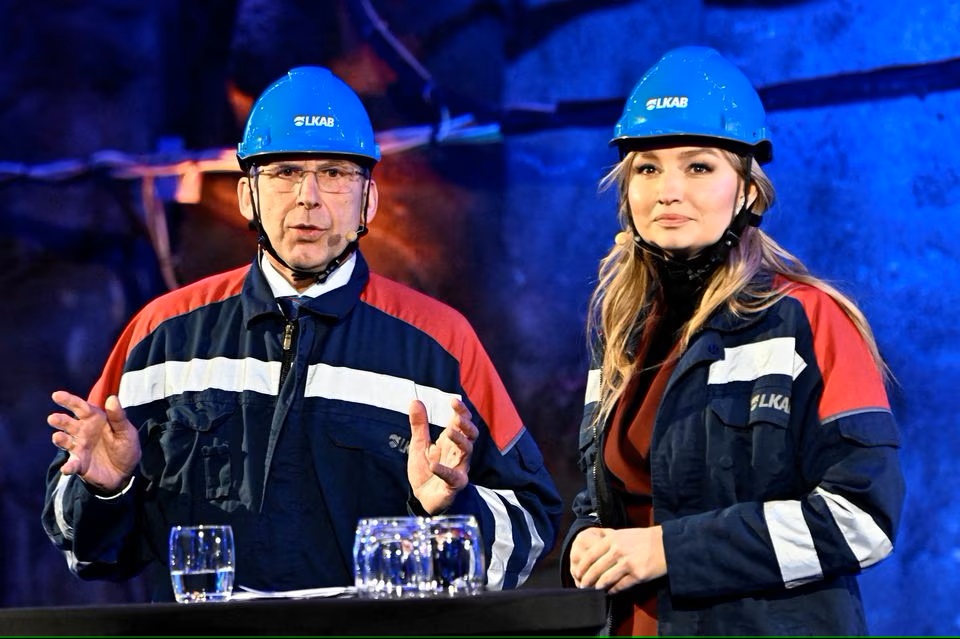
By Anders Lorenzen
The Swedish state-owned mining company, LKAB, (Luossavaara-Kiirunavaara Aktiebolag) has announced a huge rare earth minerals discovery in Kiruna, in the northern part of the country. An estimated up to one million tonnes of rare earth oxides is the largest known deposit in Europe.
Rare earth minerals are critical components in electric vehicles (EV’s), wind turbines and many other clean tech and energy products, and therefore the company has hailed this discovery as good news for action on climate change.
Its CEO, Jan Mostrom, said: “This is good news, not only for LKAB, the region and the Swedish people but also for Europe and the climate. It could become a significant building block for producing the critical raw materials that are absolutely crucial to enable the green transition.”
Currently, rare earth elements are not mined in Europe, the vast majority are mined in China, meaning the region relies on imports from elsewhere. Adding to this, as the clean energy transition intensifies on the continent, the demand for such materials is only going to increase.
A lengthy process
However, mining these materials is not going to be a quick fix. LKAB said it would submit an application for exploitation concession this year. But they estimate it will be at least 10-15 years before the company can begin the mining process and bring the minerals to the market.
The process for approval of new mines is lengthy and demanding in Sweden. Such operations often raise the risk of impacting water resources and biodiversity in the areas where they are located. In addition to this, Erik Jonsson, a senior geologist at the Department of Mineral Resources at the Geological Survey of Sweden, said Europe currently lacks the full-scale capacity to process rare earth metals and to make intermediary products.
Nevertheless, clean energy and clean tech advocates in Europe will welcome this critical discovery. This could position Europe in the driving seat of the clean energy transition. The region could in the near future be in control of critical supply-chain products and no longer reliant on China, though it will be some years before they arrive at that position.
6 replies »